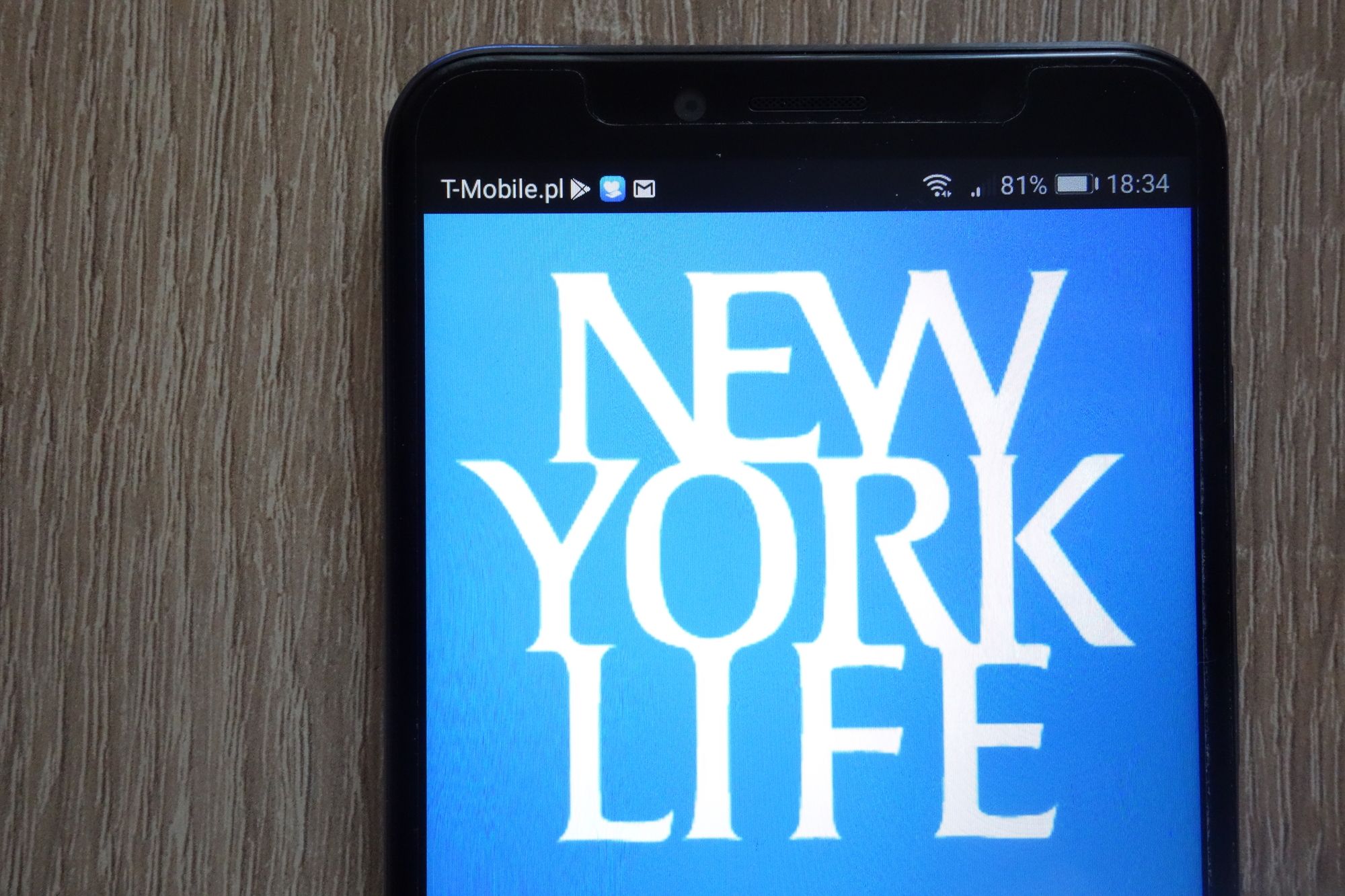Top Class Actions’s website and social media posts use affiliate links. If you make a purchase using such links, we may receive a commission, but it will not result in any additional charges to you. Please review our Affiliate Link Disclosure for more information.

A grandma who was denied her grandson’s life insurance payment after he died is suing New York Life, saying it has a practice of rescinding life insurance policies after people have died, taking advantage of the grieving.
Plaintiff Evelyn Scott-Davis, a Philadelphia resident, filed the nationwide class action lawsuit against New York Life Insurance Company in the Eastern District of Pennsylvania on Tuesday.
Scott-Davis alleges that New York Life habitually breaches a clause in its AARP Life Insurance Program policy contracts that says it cannot contest the validity of the policy after it’s been in effect for two years.
She says the insurance provider has a practice of rescinding policies after death to avoid issuing payments to the policy’s beneficiaries.
In her case, her grandson Kent Bulcavage bought a $15,000 life insurance policy through New York Life’s AARP Life Insurance Program on Oct. 14, 2016, and named her as one of two beneficiaries.
When Bulcavage passed away on Dec. 18, 2019, Scott-Davis was entitled to a $15,000 payment and tried to collect on the policy, but was denied.
She says she received a letter from New York Life saying it believed the contract was “fraudulently purchased,” so it would be rescinding the policy and returning the premiums paid. The insurance provider later told Scott-Davis it believed she signed the policy application, not her grandson.
Scott-Davis denies she signed her grandson’s name, but says, regardless, the two-year contestability period for the policy had passed. She said she believes New York Life regularly denies payment to policyholders after the incontestability period has passed.
“Upon information and belief, New York Life engages in a cursory investigation and unilaterally determines the policy was obtained fraudulently, and then uses that as justification to rescind the policy,” the class action states.
The class action argues that if New York Life had denied the policies within the two-year period, Class Members would have been able to find alternative insurance providers or correct the issue, rather than being met with a rescinded policy after death.
Instead, people find themselves in need of hiring counsel to pursue a claim that’s often only worth $20,000 or less, the class action alleges. Even if they can find representation, they are forced to litigate without the assistance of the deceased’s knowledge of dealings with New York Life, while still being in mourning.
“By designing its denials process to coincide with the simultaneous burden of bereavement on a potential plaintiff and the death of the only other signatory to the contract, New York Life is able to maximize profits, while exposing itself to a minimal risk of litigation,” the class action alleges.
Scott-Davis is looking to represent a nationwide Class of people who purchased life insurance policies from, or are the beneficiaries of, New York Life insurance policies in which the policy was rescinded after the expiration of the two-year contestability period for any reason other than nonpayment of premiums. She is also seeking to represent a Pennsylvania Subclass.
She’s suing under breach of contract, unjust enrichment, and under Penn business and consumer laws.
Scott-Davis is seeking certification of the Class, damages, and injunction prohibiting the company from rescinding its policies for any reason other than nonpayment of premiums after the contestability period, fees, costs and a jury trial.
Class action lawsuits against life insurance providers sometimes end in settlements. Earlier this year, claims were being accepted in a class action settlement that resolved allegations that Accordia Life and Annuity Co. and Alliance-One failed to properly administer certain life insurance policies.
What do you think of the allegations in this class action lawsuit? Let us know in the comments!
Scott-Davis is represented by Sonjay C. Singh, Joseph G. Sauder Joseph B. Kenney of Sauder Schelkopf LLC.
The New York Life Insurance Denial Class Action Lawsuit is Evelyn Scott-Davis et al., v. New York Life Insurance Company, Case No. 2:21-cv-01931, in the U.S. District Court Eastern District of Pennsylvania.
Read About More Class Action Lawsuits & Class Action Settlements:
- Jackson National Life Insurance $8.75M Annuity Withdrawal Charges Class Action Settlement
- Do You Qualify: Long-Term Disability Insurance Application & Appeal Help
- Jackson National Life Insurance $8.75M Annuity Withdrawal Charges Class Action Settlement
- Do You Qualify: Illinois Allstate Car Insurance Unfair Pricing Class Action Lawsuit Investigation















One thought on New York Life ‘Takes Advantage of Grieving’ by Rescinding Insurance After Death, Class Action Claims
Please add me